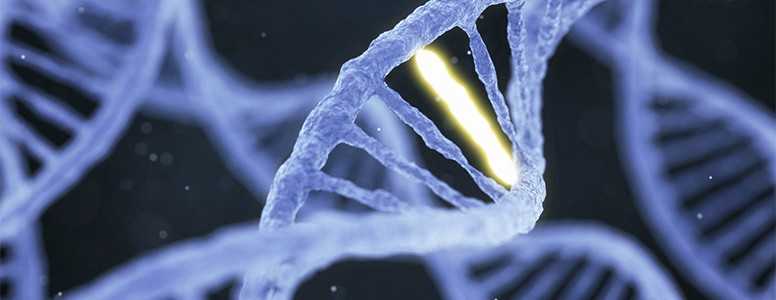Researchers from the University of Michigan Medical School haven’t been able to establish conclusively that negative changes in gut microbial diversity contribute to the obesity crisis.
The new report, which aggregated data from ten previous studies on the topic, shows that there is no clear common signature in the assembly of microbe populations in obese people that makes them different from those with a healthy weight.
The study, published in the journal mBio, aimed to investigate the relationship between the microbiome and the health outcomes of more than 1,000 volunteers in ten of the largest microbial studies conducted to date.
The capacity of the microbiome to influence the host immune function or cognitive behaviours (via the gut-brain axis) is well established, but the impact of gut microbes on aspects of metabolic diseases like obesity or type 2 diabetes remained unclear.
Previous animal studies showed that obese rodents tend to have an imbalanced microbiome with a certain ratio of two groups of bacteria species.
Many suggested that the human bacterial microbiome is not only different between obese and non-obese but may also predict obesity, a claim that the scientists wanted to verify by looking at existing scientific literature.
To do so, the two main authors of the study, Marc Sze and Patrick Schloss Sze used machine-learning computing tools to perform the analysis. This includes a program called mothur that gives microbiome researchers a free open-source tool for studying vast amount of data in the field.
In order to identify significant associations with obesity, the researchers used the Shannon diversity index (H), which is a popular index measuring diversity and abundance in gut microbe species.
The results indicate that there may be an association between gut microbiota and obesity status but it appears to be smaller than can be detected by most published microbiome studies.
The difference between the Shannon diversity indices of nonobese and obese participants was 2.07 per cent and only one out of the ten studies was able to detect a five per cent difference in diversity.
Although no specific linkages or predictors have been found across the microbiome data reported so far, the researchers believe that this finding means that there is much more complexity – and therefore much more to learn – when it comes to changes in the microbiome impacting our health.
What's new on the forum? ⭐️
Get our free newsletters
Stay up to date with the latest news, research and breakthroughs.









